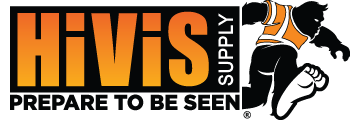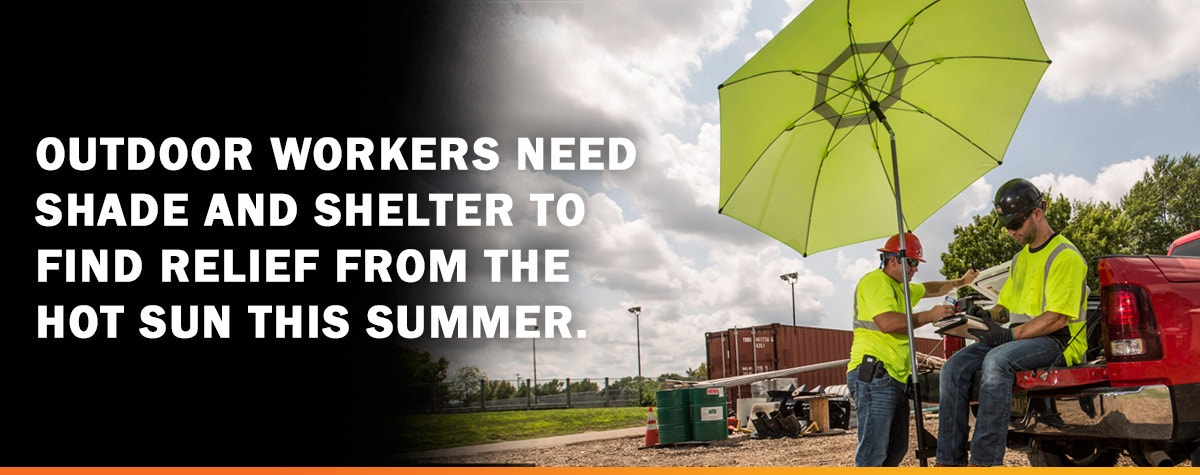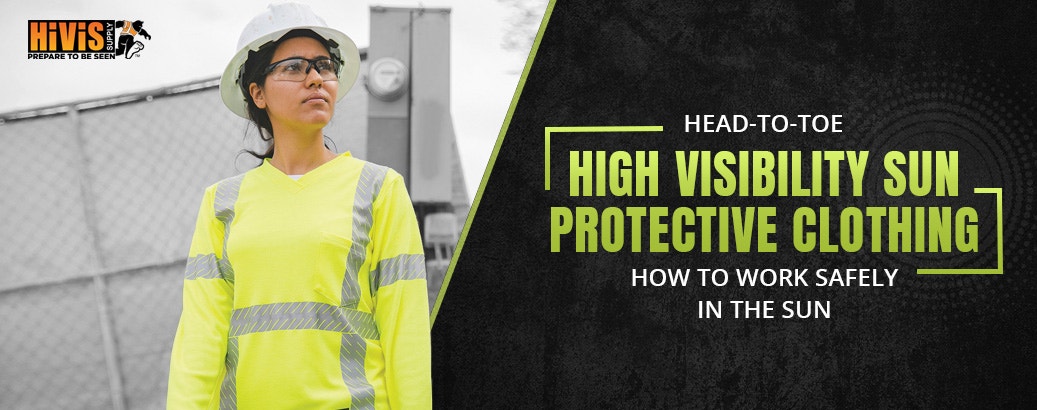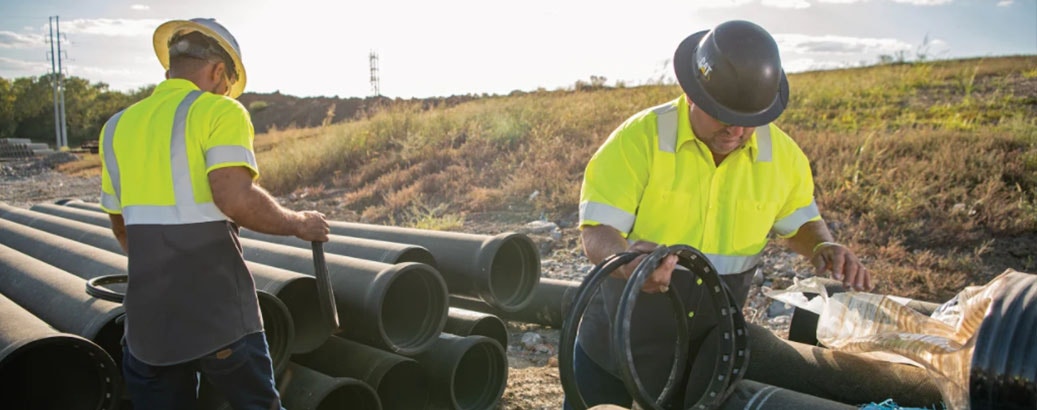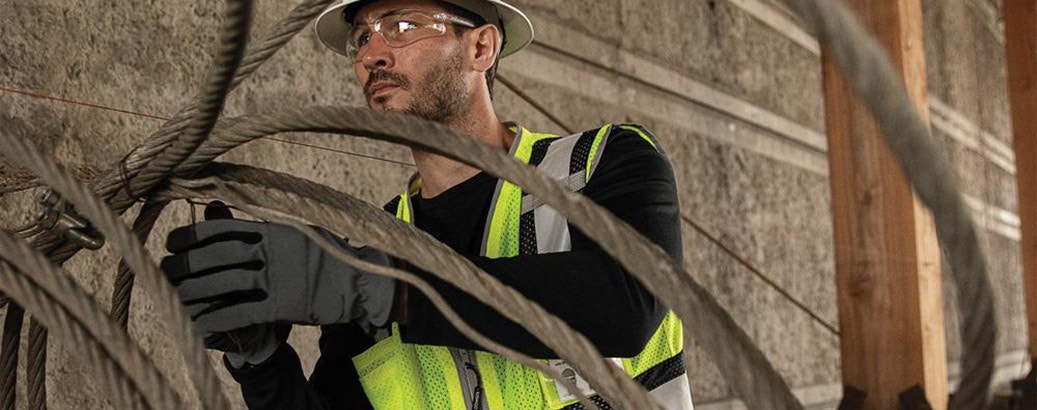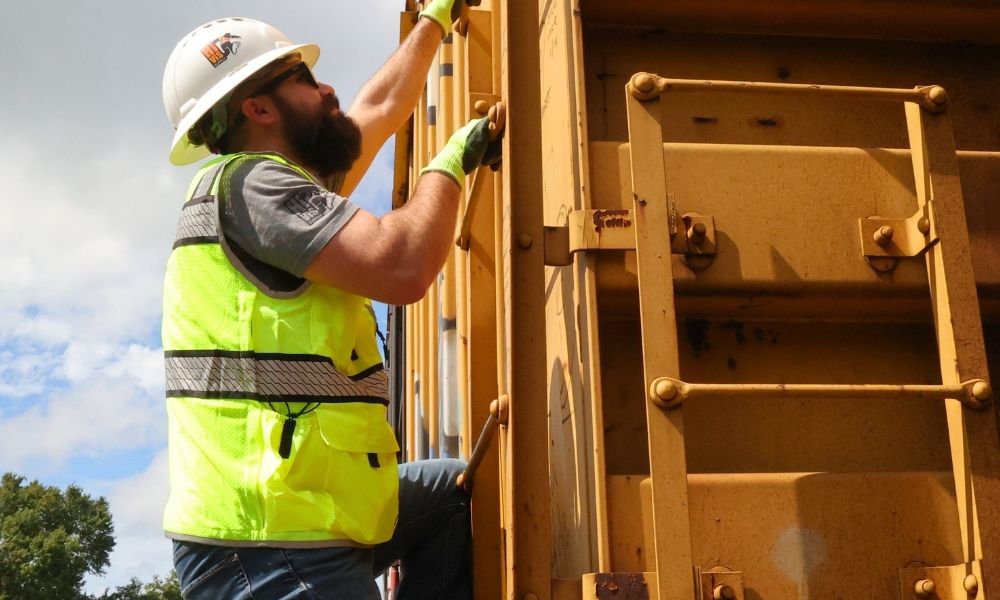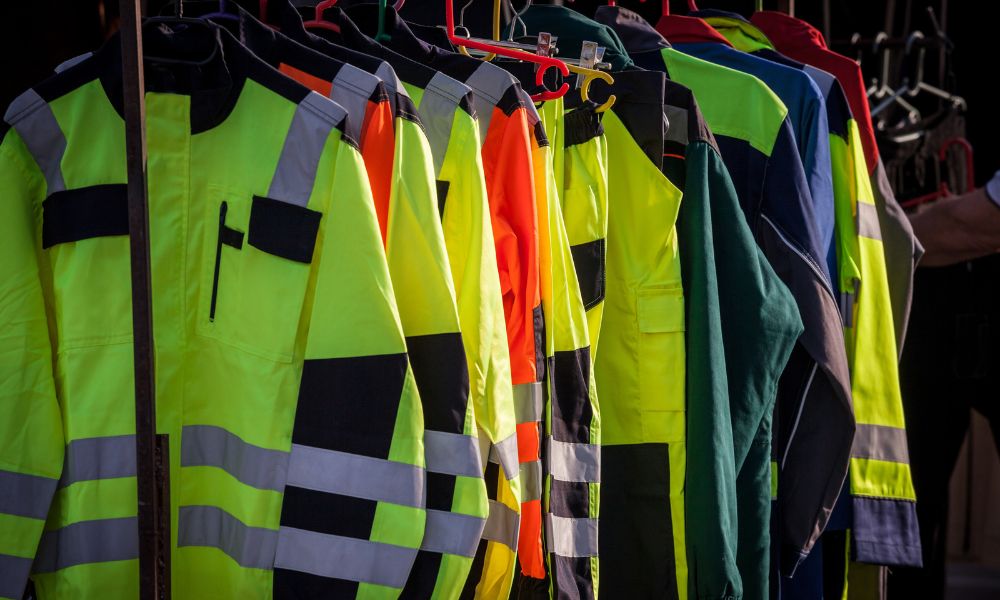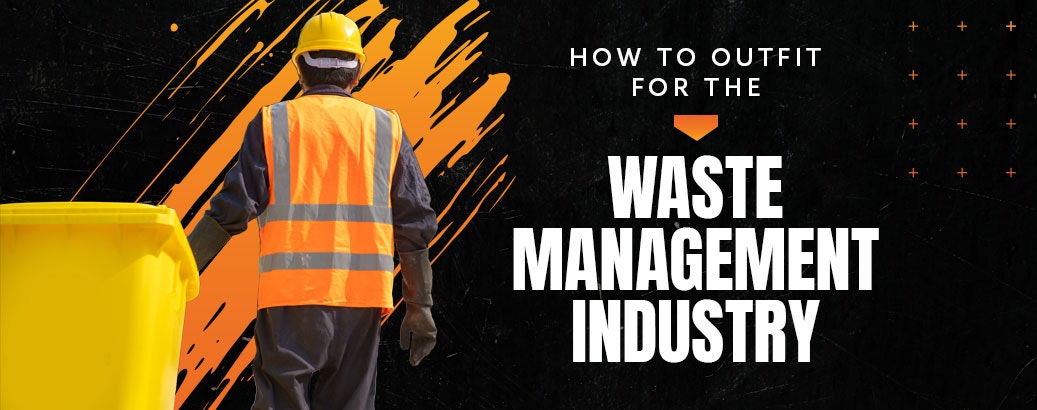Worker Safety Tip: How to Stay Hydrated in the Heat
- By HiVis Supply
- Jul 30, 2019

The summer sun may be relentless, but you have a job to do. You don’t have time to deal with heat stress, heat exhaustion or dehydration. Instead of letting Mother Nature run the show and leave you hot, sticky or sick this summer, take control. Make sure you and your crew are properly hydrated, from sunup to sundown.
HiVis Hank tells it like it is. Here’s some tips to help you stay hydrated this summer.
Consume Water. This shouldn’t surprise you. One of the most critical pieces of hydration is adequate water consumption before, during and after any activity. However, water isn’t only available in the liquid form that we know and love. You can increase your water intake through certain foods like watermelon, grapes, tomatoes and lettuce. Manage your daily water intake by balancing it with the water you will lose by activity, sweating or simply by existing.
Pro Tip: Drink enough water to prevent thirst. By the time you’re thirsty, you’re likely well on your way to dehydration. HiVis Hank says to look at your pee. Yep, that’s what he says. If it’s dark yellow, cloudy or smelly you are already dehydrated.
Always Carry Water. Not everyone is lucky enough to work in an air-conditioned office with an ice cold water cooler down the hall. So if your work is performed in some far-off remote jobsite, you need to plan for how you will stay hydrated.
One option to consider is packing a cooler with ice and water bottles. You can also leave some cooling towels in the cooler for fast and effective relief against the heat. Another option is to carry a hydration pack like this one. Hydration packs fit like a backpack and some carry up to 3 liters of cool, refreshing water. Hydration packs are especially useful when you’re on the move.
Drink Sports Drinks. Listen up. These do not replace your need for water, but they can help to replenish fluids you may have lost during the day. Sports drinks also have important carbohydrates and electrolytes like potassium and sodium needed to regulate your body’s ionic balance. Why is this important? These ions enable electrical signals to flow throughout your body, controlling things like muscle function and your nervous system. Kind of important functions when you’re swinging a hammer, driving equipment or digging ditch all day.
Avoid alcohol the night before. Sorry, this means you can’t be the life of the party. Alcohol is extremely dehydrating and while a night out with friends may seem like a great idea at the time, the next day won’t be so much fun. Alcohol is a diuretic, which means it promotes water loss through the kidneys. If your inner party animal is looking to escape (responsibly, of course), try hanging on until the weekend when you can escape the heat from the comfort of your air-conditioned bedroom.
Give your body what it needs. Following strenuous work or exercise you need to give your body back what it lost. You need protein to build muscle, carbs to fuel your muscles, electrolytes to give back what you sweat out and fluids to help the body survive. Low-fat chocolate milk can be a good all-around treat that is a combo platter of awesomeness for your body. Who knew that delicious treat from childhood could actually be something your body may need from time to time?
Understanding the Role of Electrolytes in Hydration
When it comes to hydration, people are always talking about electrolytes. But do you really know what electrolytes are? We figured it may be one of those things you learned about in high school, but forgot as soon as finals were done. That’s why we thought we’d offer the cliff notes version.
Electrolytes are minerals that help your bodily functions stay regulated. They regulate osmotic pressure in your cells and help your body work, play, think and react.
Examples of these important electrolytes include:
- Calcium
- Magnesium
- Chloride
- Phosphate
- Potassium
- Sodium
Bottom line, hydration is important. When you’re body starts to lose water, serious things can happen. In adults, symptoms of dehydration are extreme thirst, less frequent urination, dark urine, fatigue, dizziness and confusion. When it’s hot and humid outside your risk for dehydration skyrockets. That’s why adequate hydration and rest times are mandatory. Otherwise, you run the risk of seizures, heat stress, heat stroke, heat exhaustion or even death from dehydration and organ failure.
If you have questions on how you can better protect yourself and your crew during the hot summer months, just click here. The pros here at HiVis Supply are happy to help.
